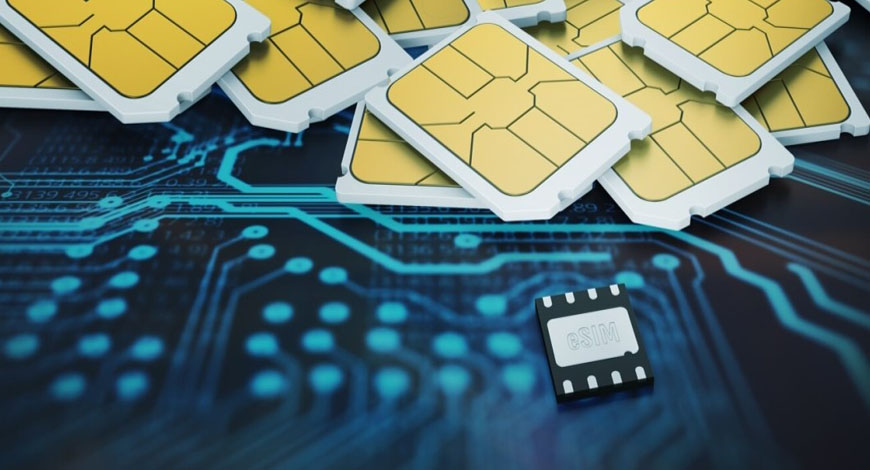
French technology giant IDEMIA, which manufactures digital and physical SIM (subscriber identity module) platforms and other identity-related security services, plans to move aggressively into the automotive space in India.
It will sell its tech platforms for what it projects will be a 30 million connected vehicle market in India by 2025-26, a figure which includes ICE as well as electric vehicles.
The 2.9 billion euro company plans to manufacture the SIM platforms, which provide the crucial connectivity of the vehicle to a mobile telecom network, in India.
IDEMIA’s Indian factory accounts for 10 per cent of its SIM global capacity. It is manufacturing the chips embedded in the product at the factory and importing only the wafers from fab plants.
It plans to source even the wafers from India once the recently cleared fab plants are up and running. Currently, over 60 per cent of its production in India is exported to over 50 countries.
Philippe Oliva, CEO of IDEMIA Secure Transactions, said that whether it was an electric car, a two wheeler, or an old-fashioned ICE vehicle, the reality was that all of them will become connected.
“For instance, a very famous Korean car manufacturer is considering that 100 per cent of the new car they’re going to produce needs to be connected. It is a massive growth area. We have a 40 per cent share of the global automotive connected vehicle market. And we want a big play in India where we will also manufacture them,” said Oliva. He added that his was the only company in the business which has a trusted source certification from the Indian government for the automotive platform.
In Europe, he estimated that close to 10 million connected cars per year will be on the streets. “But India is going to be far beyond those numbers in terms of overall vehicles. Our expectation is India will have a market of 30 million connected vehicles which will include cars and two wheelers, amongst others, by 2025-26,” said Oliva.
IDEMIA ensures that its digital e-SIM platforms are backed up by high levels of service agreements with its clients which in turn are backed up by an incremental disaster recovery capability.
On its chip foray, Olivia said IDEMIA has gone up the semiconductor line where it is now importing wafers and making the chips in India.
“We are the only player in our business till now to do so in India. I’m looking forward to fab plants being set up in India as this will help us drive our entire manufacturing and supply chain processes locally,” said Oliva. Asked about the slow adoption of e-SIMs in India, he said the US was to date the only market where they have taken off. “The US is growing fast because of its adoption by Apple which has a large market share. Their iPads will be available as e-SIMs only”.
As a result, our e-SIM business has grown 100 per cent over the last three months,” he said.
Many countries are taking their sovereignty requirements into consideration. They want to have a physical SIM and are not ready to shift everything into an embedded SIM where they have a lot less control of the encryption layer.
But IDEMIA insists that its digital e-SIM offers the same levels of encryption and security as the physical one.
It sees a big opportunity to provide its technology in smart meters too. The government plans to install smart meters in over 150 million households and this is another area in which IDEMIA is pushing the pedal. Business Standard
